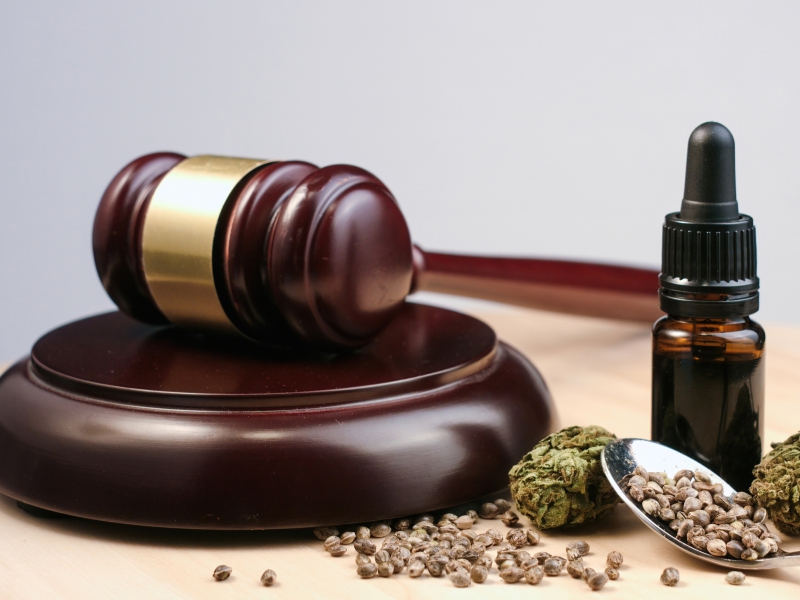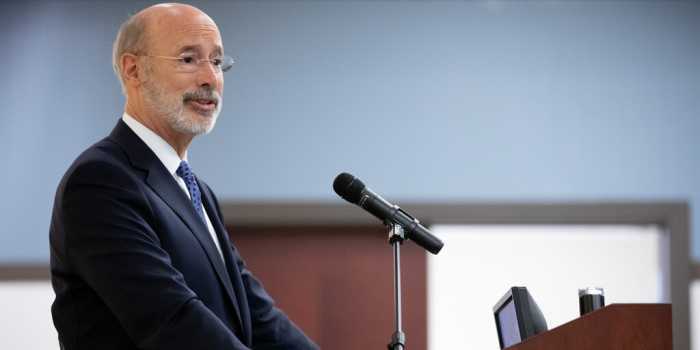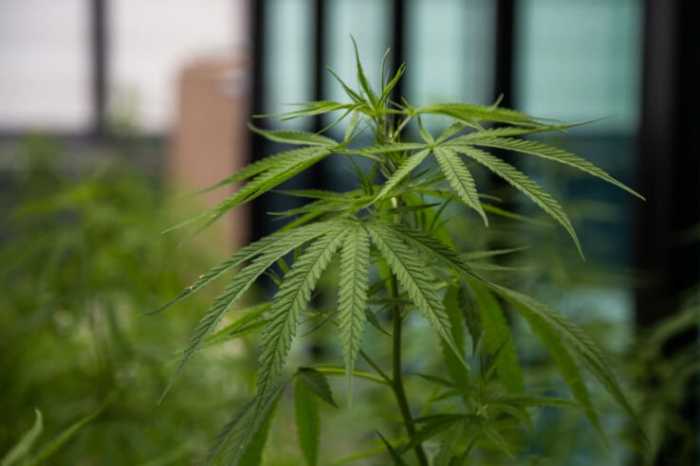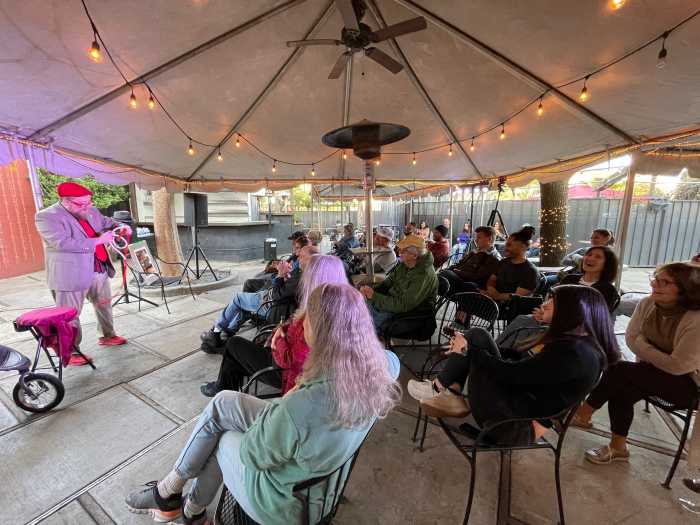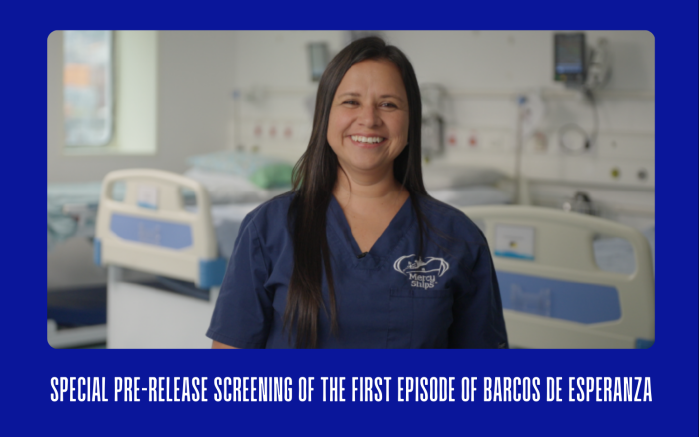Since the passing of Senate Bill 3 by Gov. Tom Wolf in April 2016, which officially established the Pennsylvania Medical Marijuana Program, many Pennsylvanians have been conflicted about the way the state has handled medical cannabis consumption.
Though there are upsides to the program, the cracks in it have become more and more evident as time passes, and many see themselves frustrated by the lack of affordability, equitability, and accessibility of the program. An average ounce of marijuana in Colorado usually sells for $190—in Pennsylvania, however, prices are much higher, and the average ounce of weed at a dispensary retails for $500. With these prices, it’s no surprise to hear that many patients are struggling to receive the help they need.
Though the State Department of Health has stepped in to expand its financial assistance program for medical marijuana patients via Act 44 of 2021, many are still left feeling a sense of hopelessness when it comes to obtaining this medicinal plant. Daniel Massey, a brain cancer survivor and medical marijuana patient, says that “if they were serious about stopping black market sales, they would have competitively priced [the] product[s].”
Many agree that the current way the program operates has made it difficult for patients to obtain cannabis, and some have had to turn to the black market.
Yet legislators, entrepreneurs, business owners, educators and patients have begun to make moves to assure that Pennsylvania’s Medical Marijuana Program is reformed and improved. In 2019, Secretary of Health Dr. Rachel Levine approved anxiety disorders and Tourette’s syndrome to the list of qualifying medical conditions of the program.
“After a careful review of the medical literature available about these conditions, I have decided to approve this recommendation,” she stated.
In addition, the Wolf administration recently approved opioid disorder as a qualifying condition. Other legislators are also making big strides, such as Senators Sharif Street and Dan Laughlin, who introduced bipartisan legislation that would allow medical cannabis patients to cultivate cannabis at home, which would greatly increase accessibility.
Kristal Bush, founder of Stay Lyfted and Free My Weedman, is also taking action to ensure that everyone has access to medical marijuana.
“There’s a lot of barriers for entry [into the cannabis space] for Black and Brown people,” she said, “Stay Lyfted is a safe haven for those who want to get their medical marijuana card, [but it’s also a place] for different speakers to come and teach us about […] cannabis […] and the business side.”
Meanwhile Dr. Brooke Worster, Associate Professor of Medicine at Thomas Jefferson University Hospital, is advocating for the inclusion of edibles in the list of products that dispensaries offer. “One of the biggest things Pennsylvania needs to allow are edible products,” Worster said. “It is a good way to understand dosing and for people who want to step into the space to get some reliable understanding of orally what they’re taking. […] Learning from my patients and what we know, I think that we should allow edibles.”
Others are focused on decriminalization and legalization; only 15 out of 67 counties throughout the Keystone State have decriminalized marijuana, and none have legalized it. This essentially means that although it’s decriminalized in a county, there are still legal consequences. Take Philadelphia, for example, where cannabis was decriminalized in 2014, however, a person within possession of 30 grams or less will receive a $25 fine, those smoking in public are subject to $100 fine, and possession of a larger amount can result in jail time.
Tauhid Chappell, an organizer for the Philadelphia CannaBusiness Association—Pennsylvania’s first Black-owned, Black-led cannabis nonprofit aimed at healing the damage done by cannabis prohibition—relays his hopes for the future of cannabis in Pennsylvania: “[I hope the state] is able to come up with a comprehensive package that allows people to participate in the industry however they want.”
Ultimately, the people of Pennsylvania have spoken, and most are advocating for the improvement of the Medical Marijuana Program, as well the statewide legalization and decriminalization of cannabis. According to a survey conducted by Harper Polling, 62% of Pennsylvanians support the legalization of recreational marijuana, while only 29% oppose it. Lieutenant Governor John Fetterman, who completed a 67-county cannabis-based tour in 2019, says that “Pennsylvania by a significant majority [supports the legalization of adult-use cannabis].”
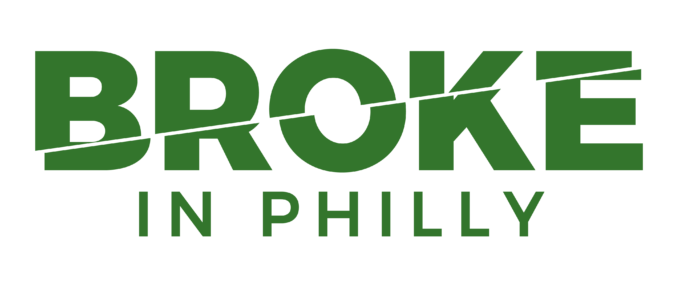
Metro is one of more than 20 news organizations producing Broke in Philly, a collaborative reporting project on economic mobility. Read more at brokeinphilly.org or follow on Twitter at @BrokeInPhilly.



